Noble Resveratrol
$58.46 — or $58.46 Original price was: $58.46.$52.61Current price is: $52.61. / month
Overview
Resveratrol and quercetin work synergistically
Resveratrol and quercetin are being researched for how they act on the cancer process, including metastasis. Research by Susanne Mertens-Talcott on human leukemia cells reveals that when resveratrol and quercetin are given together they more strongly induce caspase 3 activity, which means they are able to induce an apoptosis effect on the cancer cells. Resveratrol acts on the process of carcinogenesis by affecting all three phases: tumor initiation, promotion and progression, and suppresses the final steps of carcinogenesis (i.e., angiogenesis and metastasis). Quercetin inhibits a wide range of protein kinases including epidermal growth factor receptor (EGFR) tyrosine kinase and suppresses the secretion of matrix metalloproteinases.
Resveratrol and quercetin show neuroprotective effects when dopaminergic neurons of the brain were exposed to multiple neurotoxins, resveratrol and quercetin (both sirtuinactivating polyphenols) prevented the decrease of dopaminergic neurons, acting as neuroprotectors. Resveratrol prevented depletion of glutathione and protected against free radicals
Resveratrol and quercetin are cardioprotective
According to a group of Hungarian researchers, up to 20% of serious vascular events in high-risk vascular patients are attributable to a failure of aspirin to suppress platelet aggregation. These researchers discovered that resveratrol effectively inhibited collagen- and epinephrine-induced aggregation of platelets in these aspirin- resistant patients, which may contribute to its potential cardioprotective effects in high-risk cardiac patients.
Recommended Use
Take one capsule per day, or as directed by your health care practitioner.
6 in stock

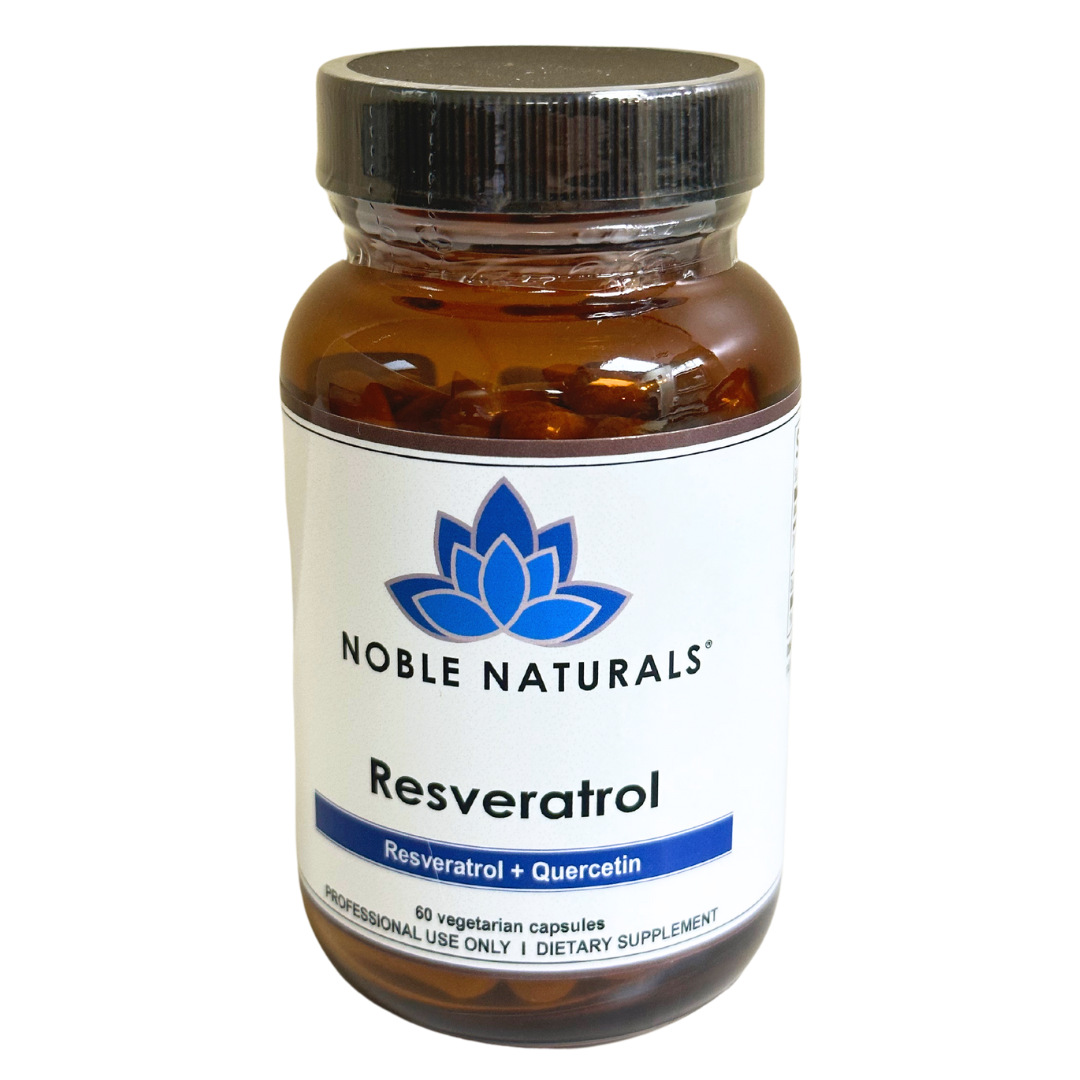
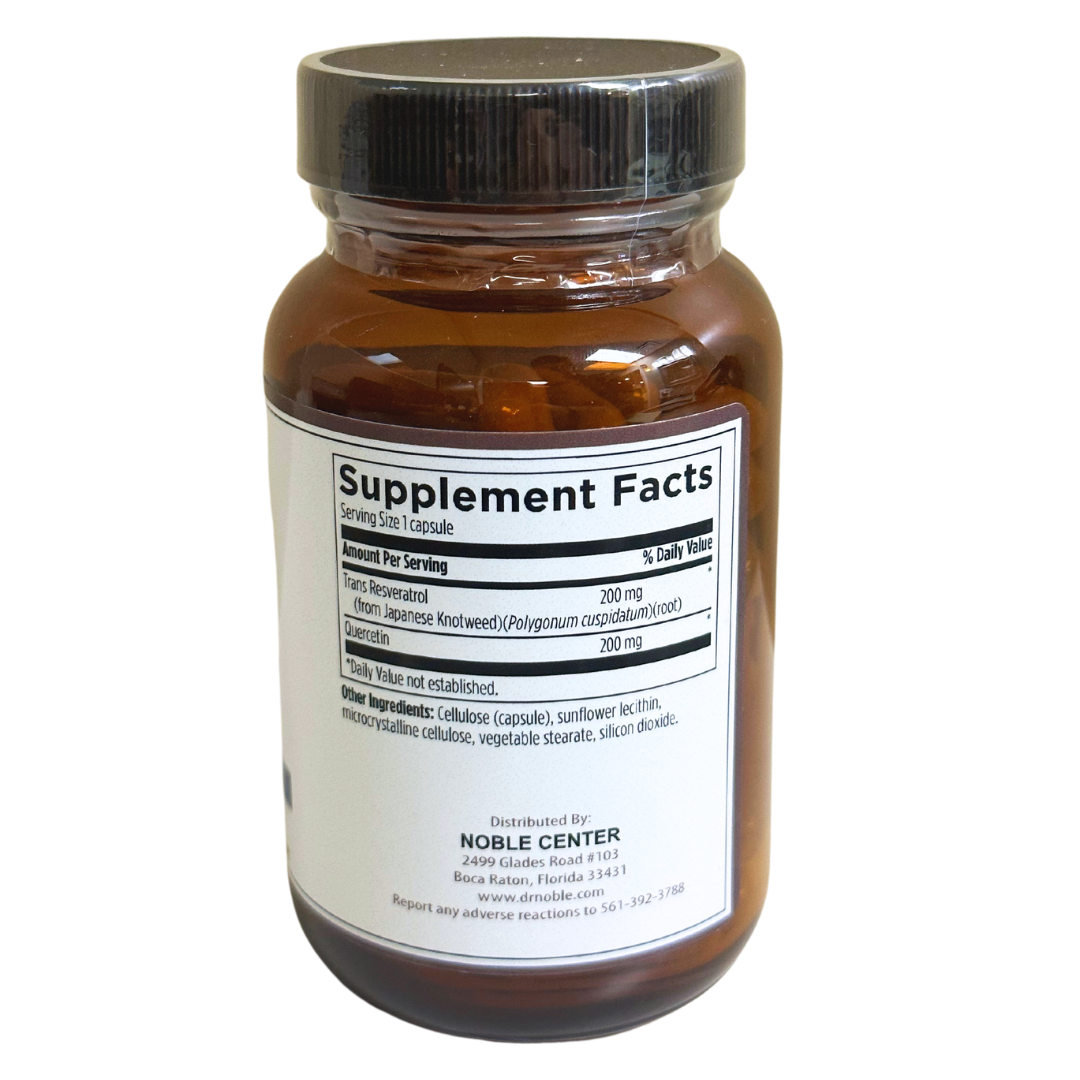
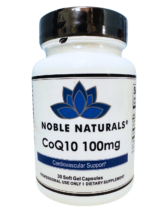
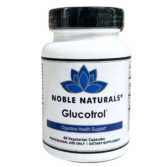
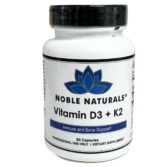
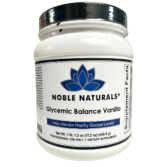
Reviews
There are no reviews yet.